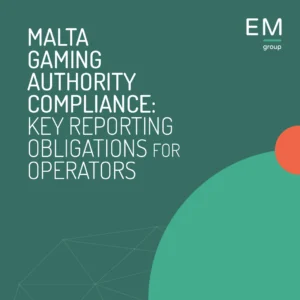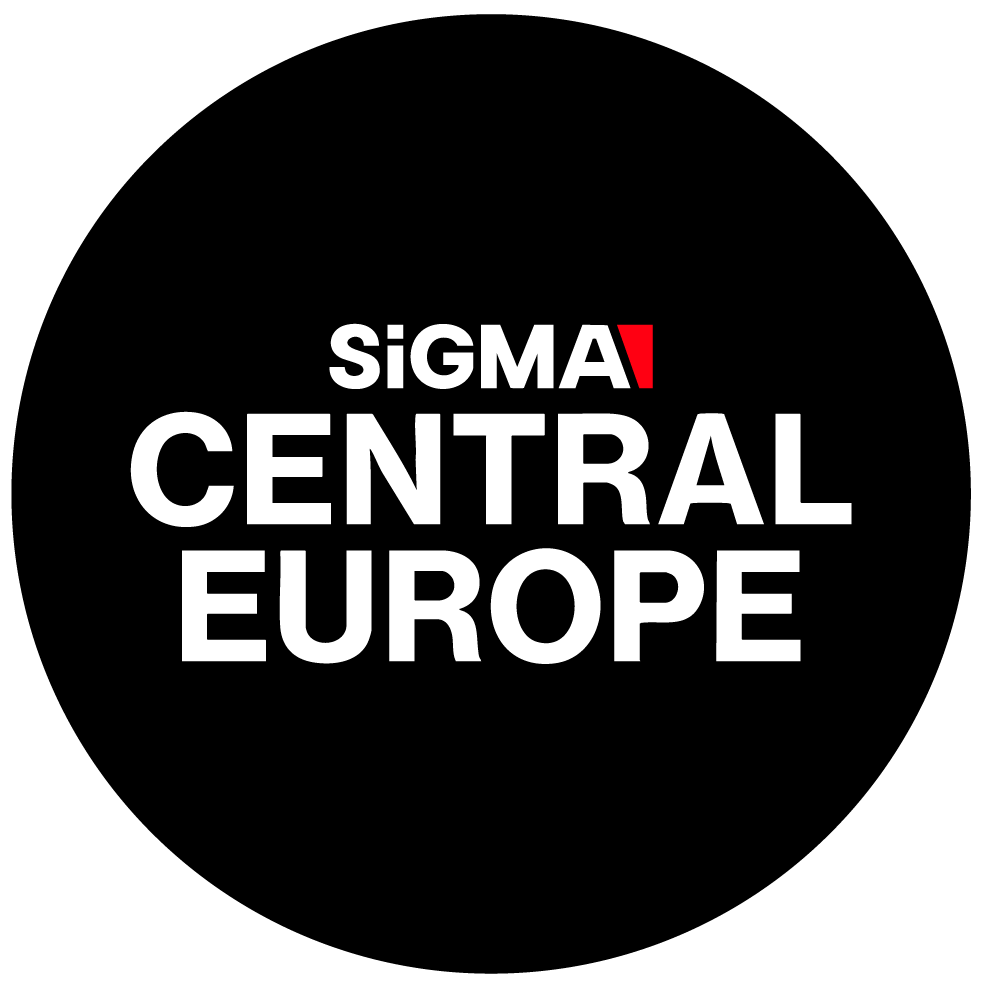
September 11, 2025
Malta's New Audit Framework: What Businesses Need to Know
Malta has introduced Legal Notice 139 of 2025, bringing significant changes to audit requirements under the Income Tax Management Act with effect from accounting periods starting on, or after 1st January 2024. These new rules are designed with one clear goal: reducing compliance costs and mandatory procedures for qualifying companies, while maintaining the regulatory protections that safeguard small and medium enterprises in Malta.
What Legal Notice 139 Means for Your Business
The new framework recognizes that not all companies need the same level of audit scrutiny. Instead of applying blanket requirements, Malta now offers tailored solutions based on your company's size, ownership structure, and operational complexity.
For business owners, this translates into tangible benefits: lower compliance costs, reduced administrative overheads, and more time to focus on growing your operations.
New Companies Get a Head Start
If you are establishing a new company in Malta, Legal Notice 139 offers immediate advantages.
Newly registered companies whose sole individual shareholders hold an MQF Level 3+ qualification can take advantage of a two-year audit waiver, provided their turnover is less than €80,000 per annum. The said shareholders need to have set up the new company within 3 years from obtaining the qualification.
This exemption gives new businesses breathing room during their critical early years. Rather than allocating resources to audit requirements, you can invest in product development, market expansion, or operational improvements.
For companies that choose not to use the audit waiver, Malta provides an alternative benefit: tax deductions of up to 120% on audit costs, capped at €700 annually. This ensures you receive financial relief regardless of which path you choose.
This relief ceases to apply should there be a change in the shareholding as a result of which the shareholders are no longer individuals who have attained the necessary educational qualifications.
Existing Companies Benefit Too
Legal Notice 139 also addresses the needs of established businesses by making reference to Article 185(2) of the Companies Act (the “article”). This article refers to companies whose:
- Balance Sheet total does not exceed €46,600
- Annual turnover does not exceed €93,000; and
- Average number of employees during a given accounting period is not more than 2.
When companies satisfy 2 out of the 3 criteria, the new system allows a review report to replace the audit report requirements. Companies which satisfy all the three criteria can obtain complete exemption from statutory audit requirements.
These criteria focus on company size and operational scope, ensuring that smaller, less complex operations are not burdened with disproportionate compliance requirements.
Group Companies Gain Additional Relief
Parent companies operating as part of small groups under Article 185(5) of the Maltese Companies Act can also benefit from these exemptions. This provision recognizes that group structures often involve holding companies with limited operational complexity.
The legislation takes a practical approach, acknowledging that a parent company's audit needs may differ significantly from those of its operating subsidiaries.
Implementation Strategy for Your Business
To maximize these benefits, we recommend reviewing your current corporate structure and compliance obligations. Companies should assess whether they meet the criteria for audit exemptions or reduced requirements under the new framework.
The key factors to evaluate include your company's turnover, operational complexity, ownership structure, and industry classification. Each element plays a role in determining your eligibility for various relief measures.
For businesses considering expansion or restructuring, Legal Notice 139 creates new opportunities to optimize compliance costs while maintaining regulatory compliance.
Professional Guidance Matters
While Legal Notice 139 simplifies audit requirements, determining your optimal compliance strategy requires careful analysis. The legislation includes specific criteria, thresholds, and procedural requirements that must be properly evaluated.
We work with businesses across Malta's diverse economic sectors, helping them navigate regulatory changes and implement cost-effective compliance strategies. Our experience with Malta's regulatory environment enables us to identify opportunities that align with your business objectives.
Applicability to Gaming Companies in Malta
If a company is licensed with the Malta Gaming Authority (“MGA”), the audited financial statements are required nonetheless from the accounting year during which the license is issued, as part of the ongoing regulatory compliance requirements. While these rules are not applicable to licensed gaming entities, they will be relevant and very interesting to companies which were incorporated anytime from 1st January 2024 and who are still working on obtaining their MGA license. Once the license has been officially issued by the MGA to the company, the exemption will no longer apply.
Written by Julie Courte
Table of contents
SHARE THIS INFO











